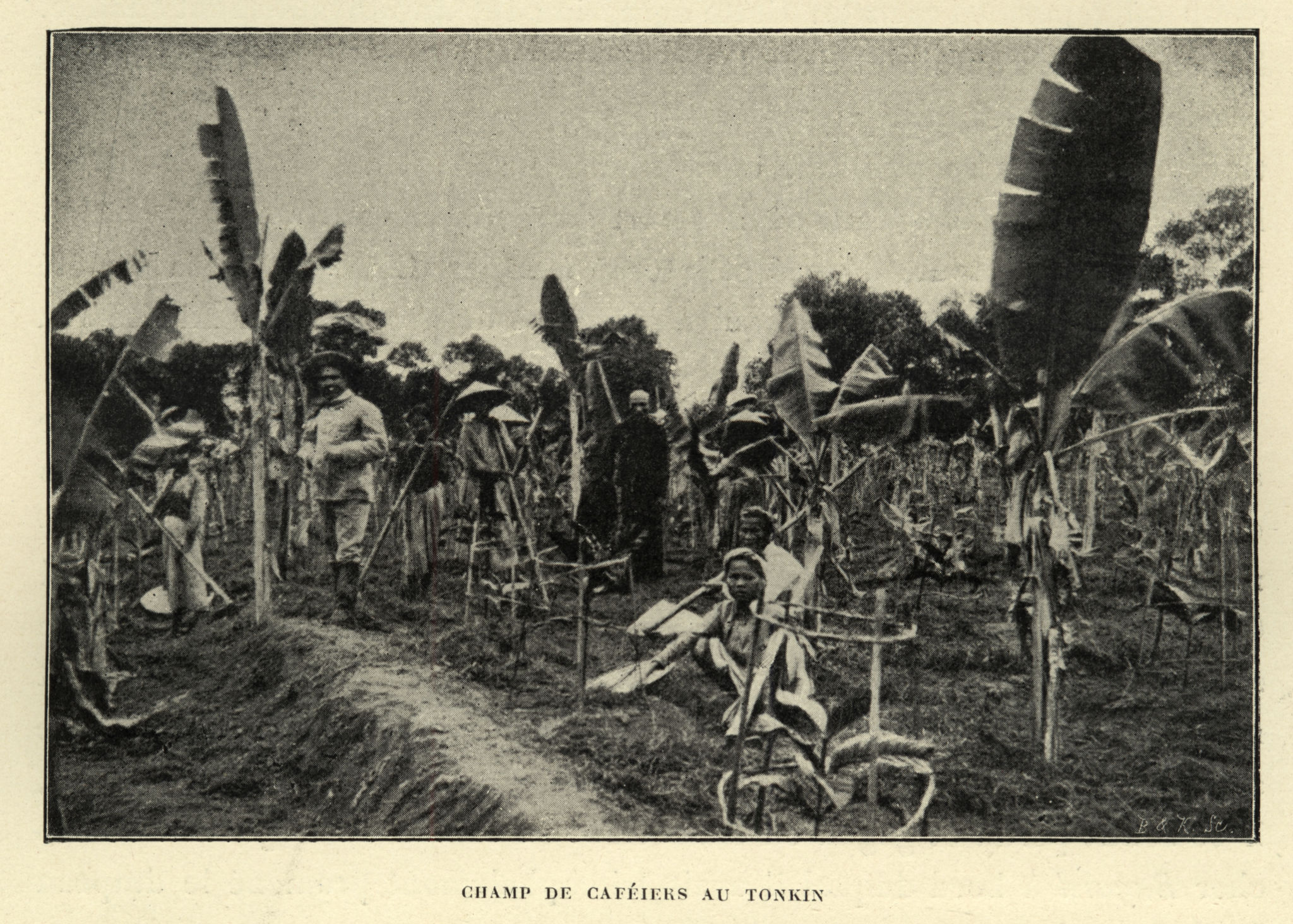Understanding the Catholic Approach to Coffee: A Blend of Culture and Tradition
The Rich History of Coffee in Catholic Culture
Throughout history, coffee has played a unique role in Catholic culture, intertwining with religious practices and traditions. From its early introduction to Europe, coffee has been more than just a beverage; it has become a symbol of hospitality and community in many Catholic societies. The Catholic Church's relationship with coffee dates back to the 16th century when Pope Clement VIII famously blessed the drink, declaring it acceptable for Christian consumption.
This papal endorsement helped popularize coffee among Catholics, who began to incorporate it into their daily lives and cultural practices. The drink quickly became a staple at religious gatherings and social events, fostering a sense of community and shared experience among believers.

Coffee and Catholic Rituals
Coffee has also found its way into various Catholic rituals and traditions. For example, in some regions, it is customary to serve coffee during important religious celebrations and feasts. This tradition highlights the beverage's role in bringing people together, facilitating conversation and connection.
In addition to its social significance, coffee has been linked to spiritual practices as well. Many Catholics use coffee as a tool for reflection and meditation, sipping the brew during moments of solitude or contemplation. This practice underscores the beverage's ability to provide comfort and focus during spiritual exercises.

The Role of Coffee in Catholic Social Teaching
The Catholic Church's teachings on social justice and ethical consumption have also influenced the way Catholics approach coffee. The concept of fair trade, which emphasizes equitable treatment of producers and workers, aligns closely with Catholic social teaching. Many Catholics choose to purchase fair-trade coffee as a way to support these values and contribute to a more just global economy.
By opting for ethically sourced coffee, Catholics can demonstrate their commitment to the principles of solidarity and stewardship. This conscious choice reflects the broader Catholic ethos of caring for both people and the planet, fostering a more sustainable future for all.

Coffee as a Symbol of Hospitality
Hospitality is a fundamental aspect of Catholic culture, and coffee often serves as a symbol of this value. Offering a cup of coffee to guests is a simple yet meaningful gesture that signifies welcome and warmth. In many Catholic households, coffee is an integral part of hosting friends and family, reinforcing bonds and building community.
In addition to its role in personal hospitality, coffee is also a staple at parish events and church gatherings. Whether served after Mass or during community meetings, coffee fosters fellowship among parishioners, creating opportunities for connection and dialogue.

Coffee Houses: A Hub for Catholic Community
Coffee houses have long been associated with intellectual exchange and community building. In many Catholic communities, these establishments serve as informal gathering places where individuals can engage in conversation and debate about faith, culture, and society. The welcoming atmosphere of a coffee house provides an ideal setting for Catholics to explore theological concepts and deepen their understanding of their beliefs.
Moreover, some Catholic organizations have embraced the concept of the coffee house as a means to reach out to young adults and other community members. By hosting events and discussions in these spaces, they create opportunities for evangelization and spiritual growth.
